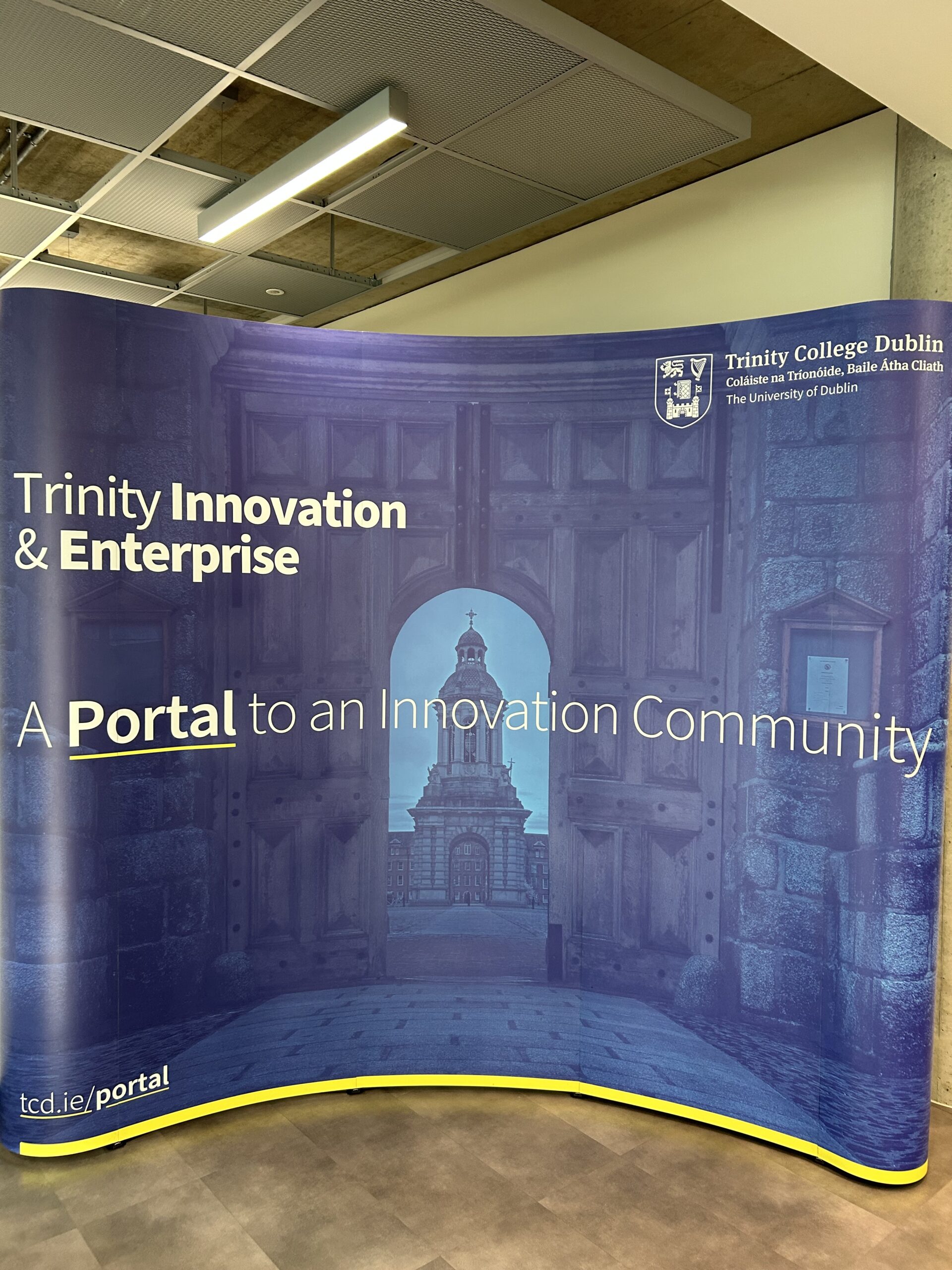With academic stress, pressure of extracurriculars and building resumes, student entrepreneurs raise the bar by being the literal embodiment of the idiom: “don’t put all your eggs in one basket.” From Trinity Entrepreneurial Society’s Dragon’s Den 2025, Jonathan Hoffman from Saor Water, who won first place prize, Katherine Lawer and Inshal Shakeel from MoveMate, the 3rd prize winners and Emily McAleese from Habitus, who pitched her business and is actively involved in the Social Entrepreneurship Society (Enactus), all share their practical insights on how to balance it all.
A spark to innovate from a very young age and watching other young entrepreneurs create lured these students to gravitate towards building their own businesses. Emily, a Computer Science and Economics undergraduate at Trinity, recognised a need for a motivation app to build a habit of working out through observing her own daily habits. She says that working on two businesses and having a part-time job while managing social relationships and academics is all about prioritisation. Instead of aiming for 100% performance in one aspect, she advises aiming for a 20% in all aspects to get the most out of your day. Referring to the classic Parkinson’s law, “work expands to fill the time allotted for its completion,” according to Emily, maximum efficiency can be achieved through being mindful about little gaps of time between lectures and keeping Friday evenings aside for social activities to avoid burnout. The ever-evolving digital tools have played a three part role in her entrepreneurial journey so far as a source of learning, inspiration and exposure.
Even though one assumes that people won’t take their ideas seriously when they are in college, with genuine authenticity and confidence, it doesn’t take long to realise that it is much easier to find people who want to help, Jonathan says. Although majoring in Ancient and Medieval History, his passion for entrepreneurship motivates him to manage his time wisely. According to him, students are gradually becoming more aware of exponentially increasing opportunities and accessibility for young entrepreneurs, which is progressively contributing to the extensive shift in campus culture. Having secured several expense based fundings for his business, Jonathan specifies that online resources, including social media, played a huge role in establishing his professional credibility and the digital identity of the brand. For any idea, even if it’s not the next Facebook, one needs to work and spread the word to truly know what it is worth, he says.
Katherine and Inshal’s commitment to solving the problem of moving efficiently for students and making an impact helped them stand out from the crowd and overcome their fears of facing criticism and accepting constructive feedback. The young co-founders, still in early stages of their business, advocate for cost-effective strategies, including hiring a student web designer to build a website for their venture. They believe that being involved in real-world application of the academic skills built in college greatly assists them in maintaining a balance between college and work. With regard to acknowledging that Gen Z has more resources for entrepreneurship, especially marketing, than any previous generations, the more you have on your plate, the more you learn about your capacity, the entrepreneurs say. While being convenient, digital social platforms are also the biggest source of distraction. To manage daily tasks efficiently, Katherine and Inshal recommend the use of productivity apps, encouraging consistent focus and concentration.
Building anything from scratch has its setbacks, and startups are a prime example. These student entrepreneurs, who strive to master resilience, have learnt over time that even though failures hurt psychologically, may it be a failure to secure an investment or a client, the only way to deal with them is to keep moving forward, take risks, recognise one’s own skills and learn to rest in the process. Having a general direction in one’s early 20s, and exploring and moving outside the lines in the process, is the key to gaining experiences unthought of.







